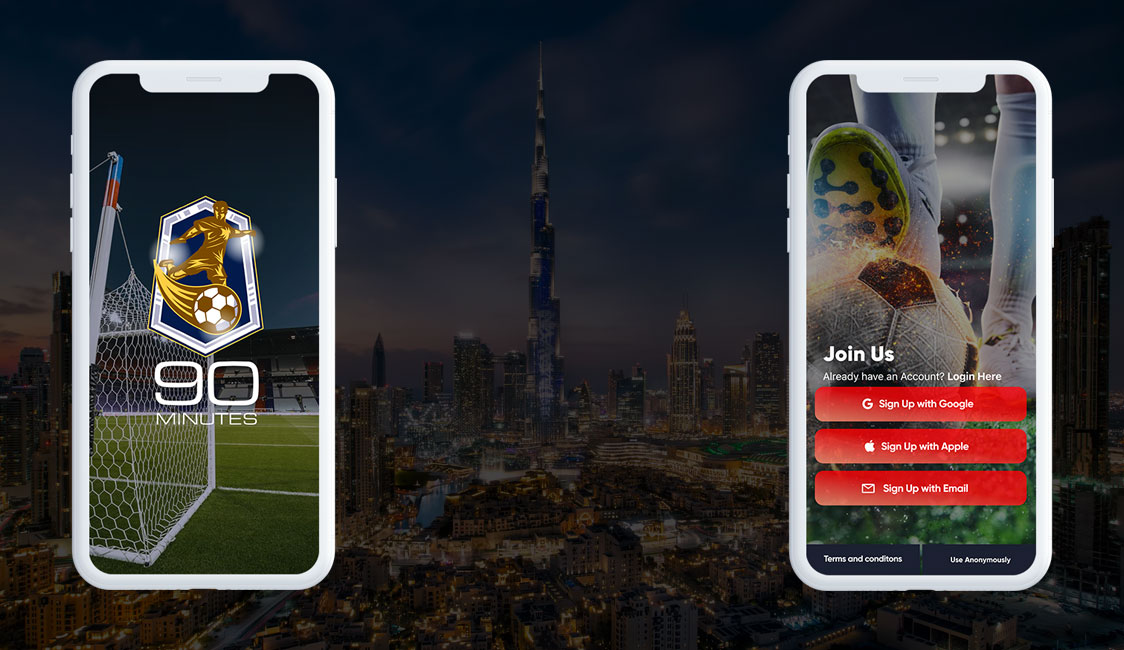Don't hesitate to contact us
+971523540435
info@inspiretechnology.org
Mon-Fri 9:00 - 7:00

Mobile Apps Development
Mobile app development refers to the process of creating applications for mobile devices such as smartphones and tablets. It involves designing, coding, testing, and deploying software applications specifically for use on mobile platforms. Mobile app development can be categorized into three main types: native app development, hybrid app development, and web app development.
Native App Development: Native apps are built for a specific mobile operating system, such as iOS (using Swift or Objective-C) or Android (using Java or Kotlin). Native apps provide the best performance and the most access to device features, but they require separate development for each platform.
Hybrid App Development: Hybrid apps are built using web technologies like HTML5, CSS, and JavaScript. They are wrapped in a native container that allows them to be installed and run like native apps on multiple platforms. Popular hybrid app development frameworks include React Native, Xamarin, and Ionic.
Web App Development: Web apps are essentially mobile-optimized websites that can be accessed through a mobile browser. They are built using web technologies and are not installed on the device like native or hybrid apps. Web apps are platform-independent, as they can be accessed on any mobile device with a browser and an internet connection.
The mobile app development process typically involves the following steps:
Idea and Conceptualization: Define the purpose and goals of your app, identify your target audience, and create a rough sketch of the app’s features and functionality.
Wire framing and Design: Create a visual representation (wireframe) of the app’s layout and design the user interface (UI) and user experience (UX) elements. Tools like Sketch, Figma, or Adobe XD can be used for this stage.
Development: Write the code for the app’s functionality, implement the UI/UX design, and integrate any necessary APIs and backend services. This stage varies depending on the chosen development approach (native, hybrid, or web).
Testing: Thoroughly test the app for bugs, performance issues, and compatibility across different devices and operating systems. Use emulators, simulators, and real devices to ensure the app works as expected.
Deployment: Submit your app to the respective app stores (such as the Apple App Store or Google Play Store) for review and approval. Once approved, it can be downloaded and installed by users.
Maintenance and Updates: Monitor user feedback, fix bugs, and release updates to add new features, improve performance, and address security vulnerabilities.
It’s worth noting that mobile app development requires knowledge of programming languages, development frameworks, and tools specific to the chosen platform(s). It can be a complex process, but there are abundant resources, tutorials, and communities available to support developers at every stage.